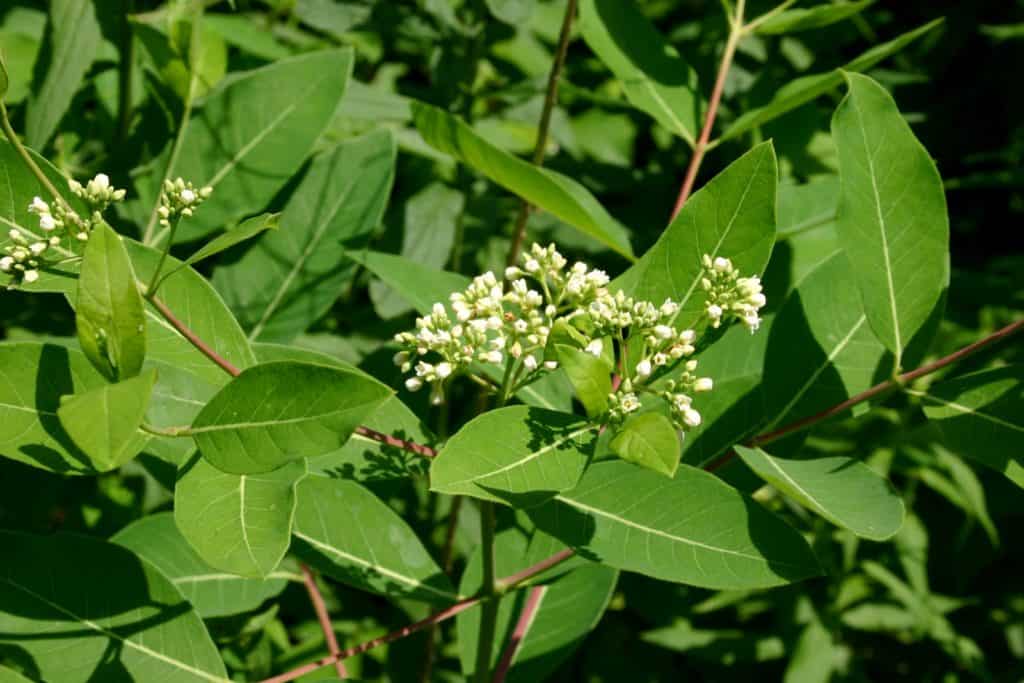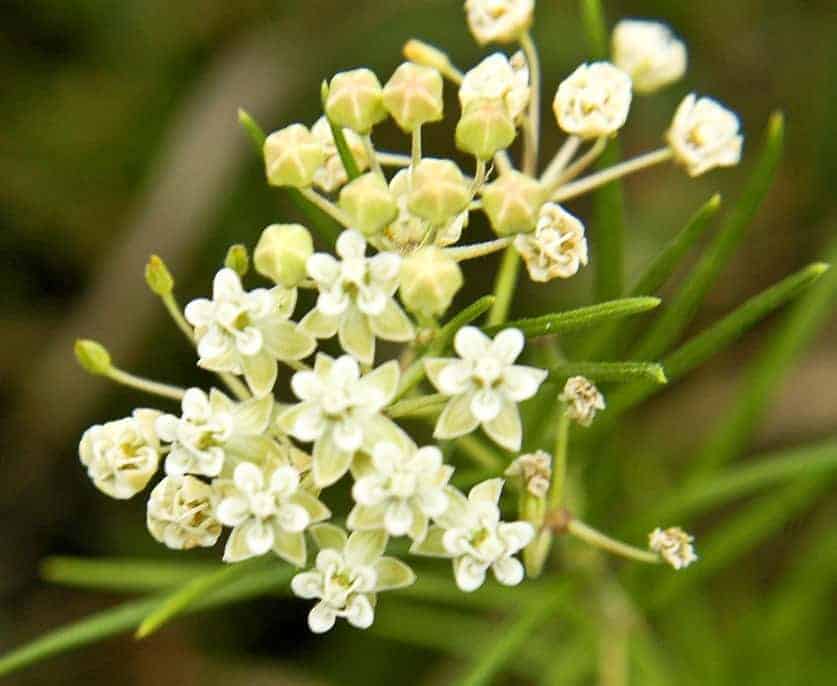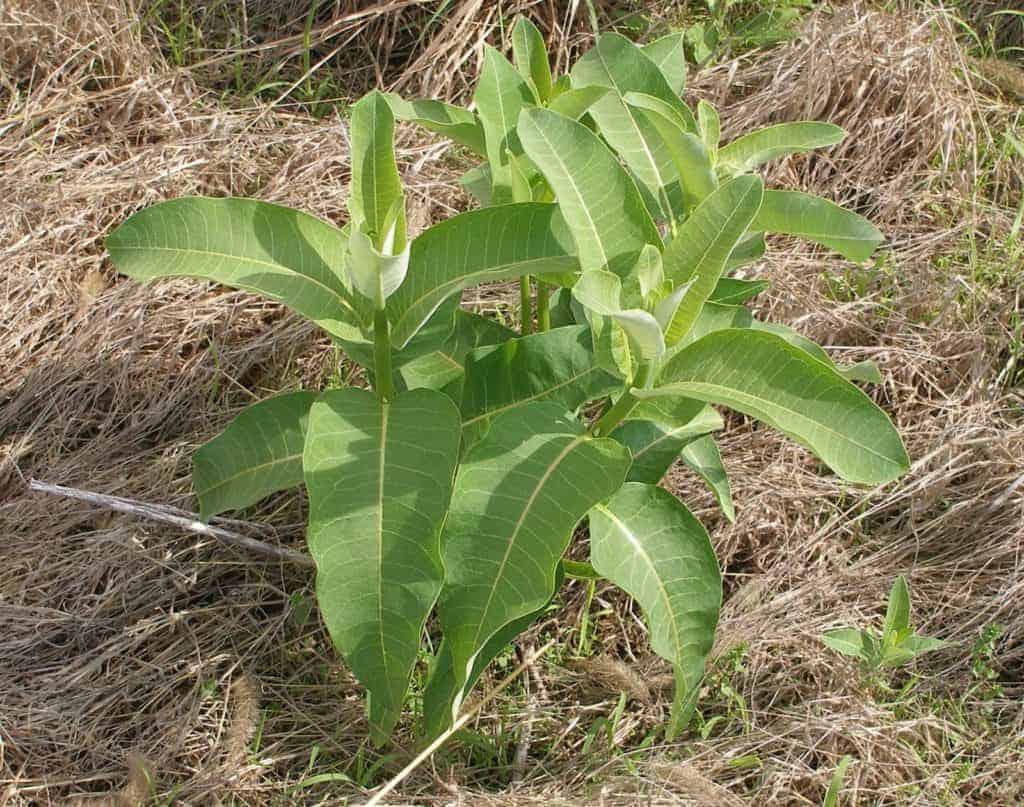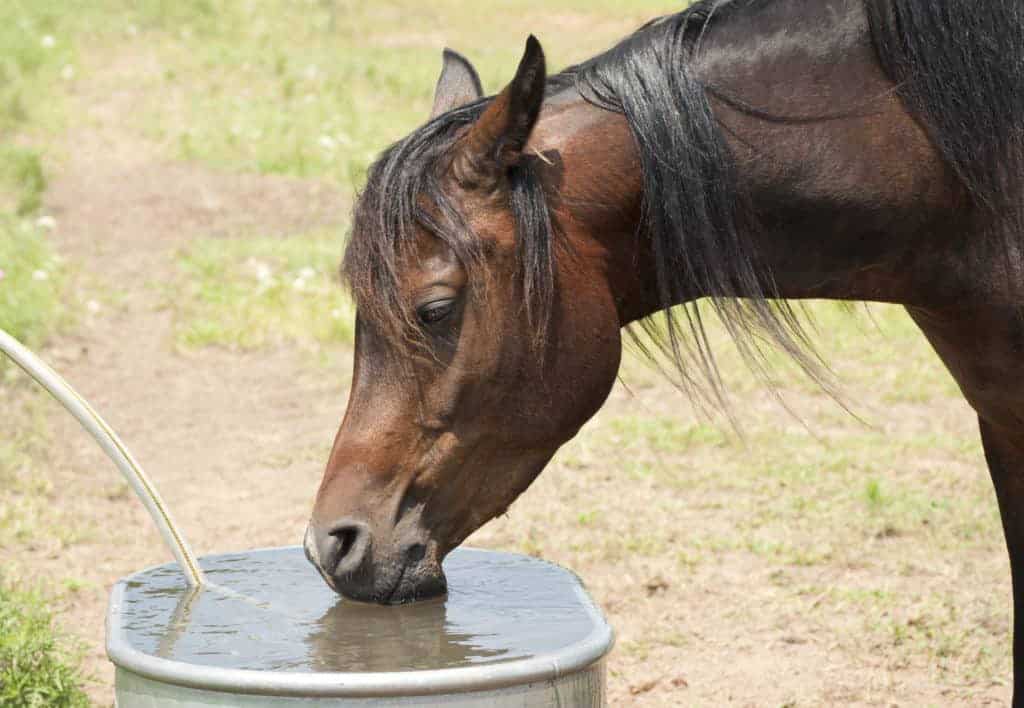
Oleander Poisoning: A Preventable Illness
Oleanders contain numerous toxic compounds which can be deadly to people and animals–including horses.

Oleanders contain numerous toxic compounds which can be deadly to people and animals–including horses.
Law enforcement authorities continue to be stymied by the alleged poising of nine horses in Pennsylvania.
Police are hoping the public can help unravel a mystery surrounding nine alleged horse poisonings.

Learn how to identify invasive, noxious, and sometimes poisonous, pasture weeds that commonly infest horse pastures.
Exposure to certain mycotoxins can cause a number of serious health problems for horses, including death.

Ergovaline levels over 200 ppb (parts per billion) in mature hay can cause fescue toxicity in pregnant mares.
Seeds from box elder trees were consistently present in the autumn pastures of all horses studied.

Preliminary results from Colorado State University suggests ingestion of the plant caused the horses’ deaths.

Horses consuming Solanum plants could be at risk for ivermectin toxicity, even if the drug is dosed correctly.
The programs will highlight industry research findings, reproduction topics, and horse management issues.

Common milkweed produces cardiac-glycosides that are toxic to horses and can cause death within 24 hours.

Researchers observed noticeable lameness in horses consuming high levels of endophyte-infected seeds and hay.

Studies are needed to determine safe limits of fluoride in feed and water for horses.
Ragwort is a poisonous weed for horses which results resulting in liver damage and, sometimes, death.
Hestad studied how endophyte-infected tall fescue seed ingestion would affect nonpregnant mares.

Mild neurotoxicity to horses was reported in Europe but is not considered a serious threat in North America.
Stay on top of the most recent Horse Health news with
"*" indicates required fields